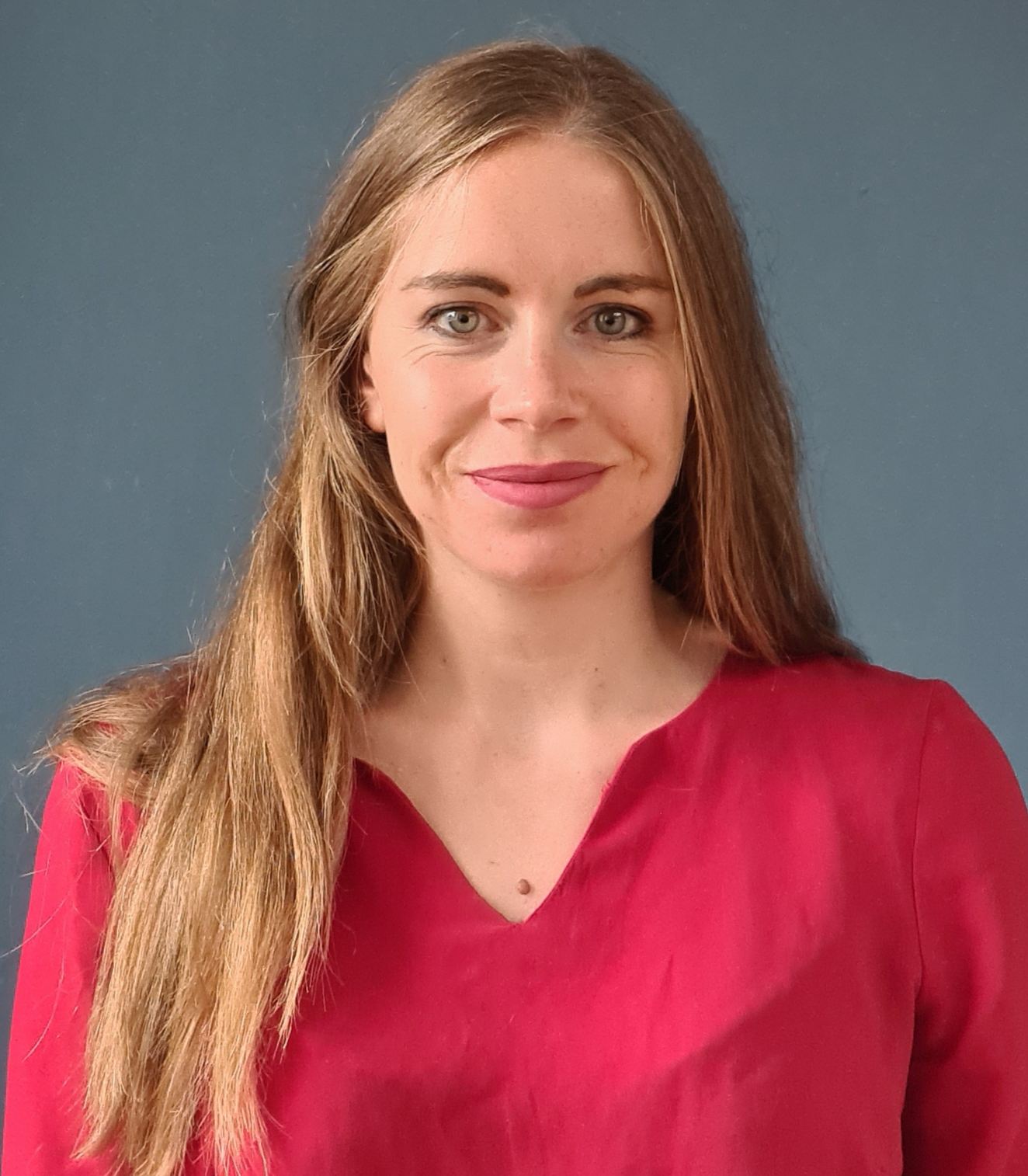 The (un?)importance of Generalisation in NLP
The (un?)importance of Generalisation in NLP
13 April 2023 – 13:00 BST
Dieuwke Hupkes, Fundamental AI Research (FAIR) ) Paris, France
The ability to generalisation well has always been seen as one of the most important feats of an AI model, but what is “good” generalisation? Traditionally, the generalisation capabilities of machine learning models are evaluated using random train/test splits. In the field of NLP, we moved from evaluating generalisation with random (i.i.d.) train-test splits, to realising that i.i.d. performance may not be as indicative of the generalision power of a model as one might hope, to using gigantic uncontrolled training corpora that may or not may contain large parts of some of the datasets used for evaluation. What are the implications of that? In this talk, I first discuss a newly proposed taxonomy for characterising and understanding generalisation in NLP, and use it to analyse over 400 papers in the ACL anthology. Then, I briefly discuss the challenges of generalisation in the latest LLMs, and what generalisation evaluation may hold for the future.